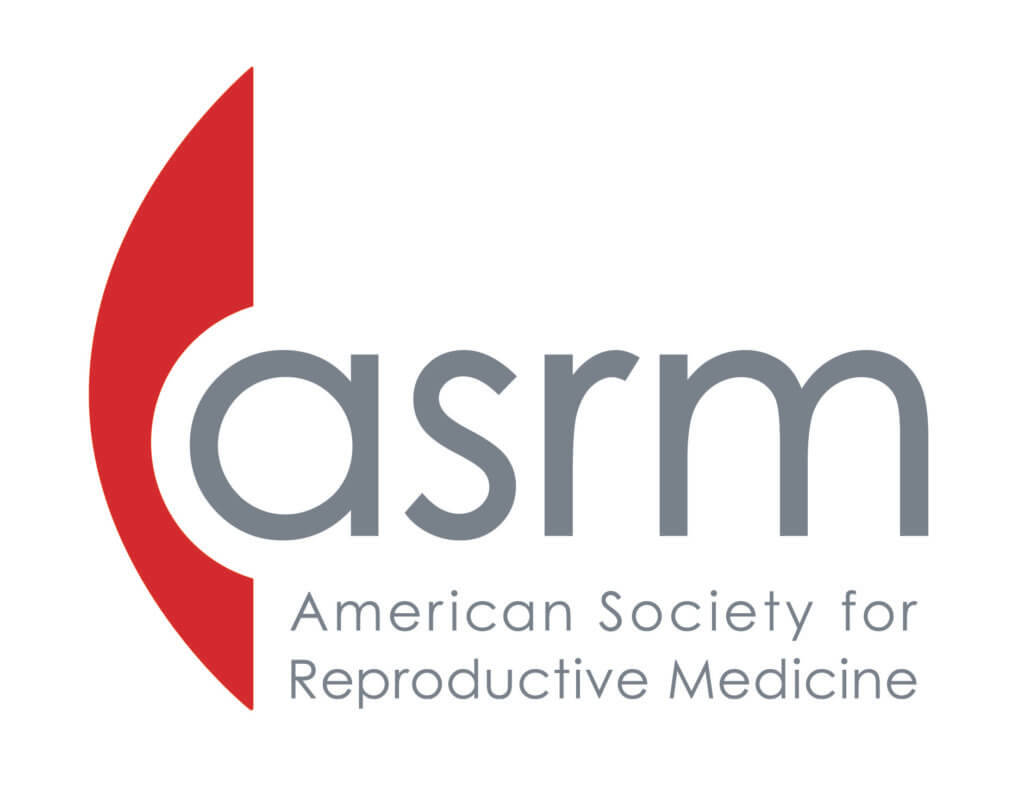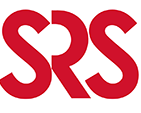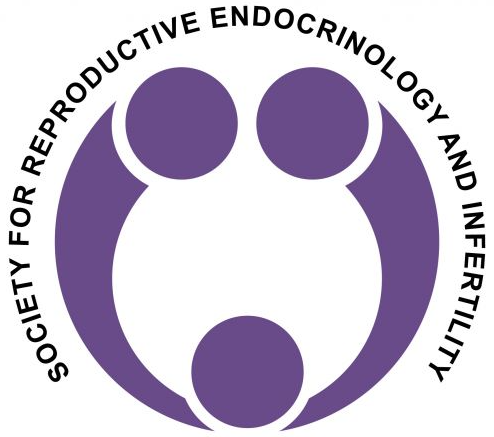Infertility affects approximately one out of every six couples, many of which have more than one cause of infertility. When a couple has been unsuccessful at achieving pregnancy after one year, both partners should undergo comprehensive physical and medical assessments.
Testing for female infertility
The cause of female infertility can be difficult to diagnose, but once the underlying cause is found, many advanced treatments are available. There is an array of diagnostic tests and workups that may be used to find the source of infertility in a woman:
- Urine or blood tests to check for infections or hormone problems
- Abdominal laparoscopy to view the condition of organs and look for blockage, adhesions or scar tissue
- HSG x-ray used with a colored liquid inserted into the fallopian tubes to aid in detecting blockage
- Hysteroscopy uses a tiny telescope with a fiber light to detect uterine abnormalities
- Ultrasound of the uterus and ovaries, which may be done vaginally
- Sonohystogram combines an ultrasound scan with saline injected into the uterus to expose problems
Diagnosing male infertility
Infertility in males may require extensive testing. After a general health evaluation, the doctor may ask about past surgeries, current medication, exercise habits and whether a man smokes or takes recreational drugs. Diagnostic testing usually involves:
- Scrotal ultrasound
- Hormone testing
- Post-ejaculation urinalysis
- Genetic tests
- Testicular biopsy
- Specialized sperm function tests
- Transrectal ultrasound
Advanced reproductive technology; compassionate care
Pinpointing the cause of infertility sets the stage for creating a personalized and effective treatment plan. If you’re struggling to get pregnant and not sure what step to take next, contact the Center for Reproductive Medicine. Our fellowship-trained, board-certified physicians have dedicated their lives to helping couples become parents. In fact, our IVF success rates are among the best in Minnesota.
To schedule an appointment in Minneapolis, call 612-863-5390. In St. Paul, call 651-379-3110.





